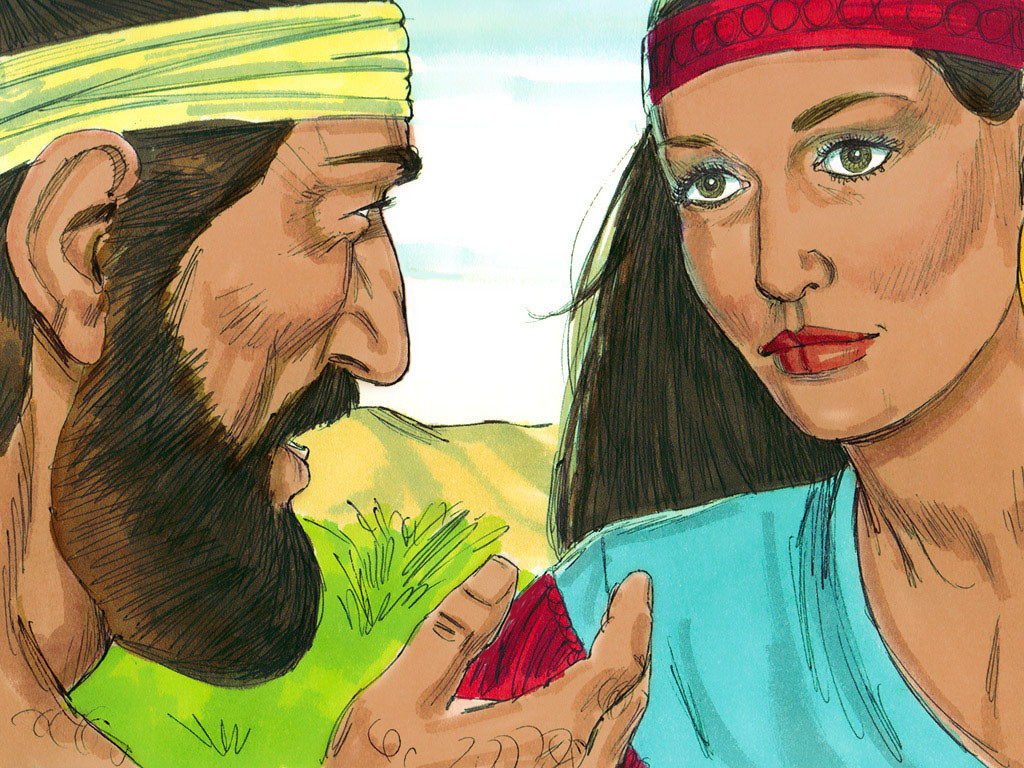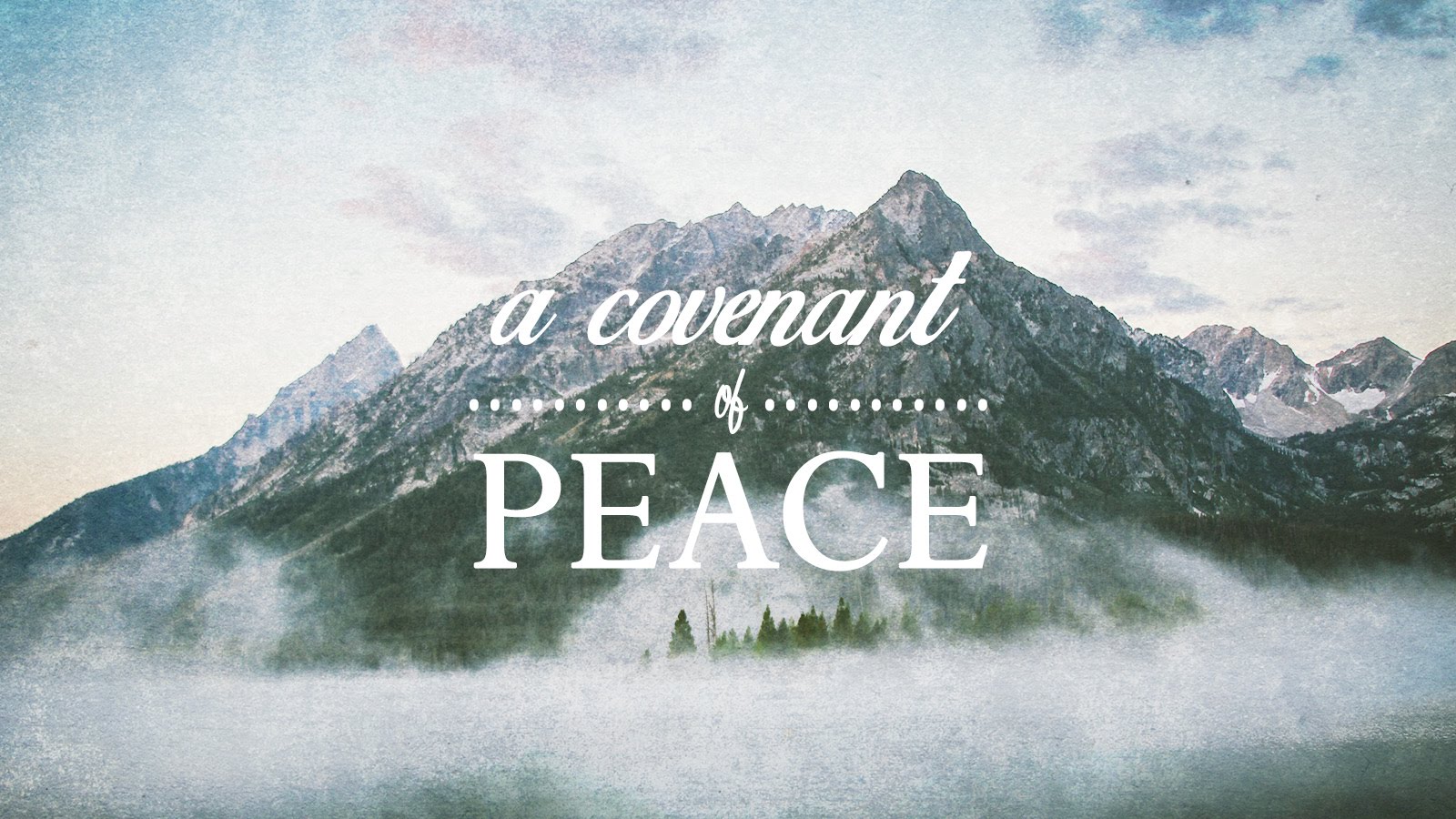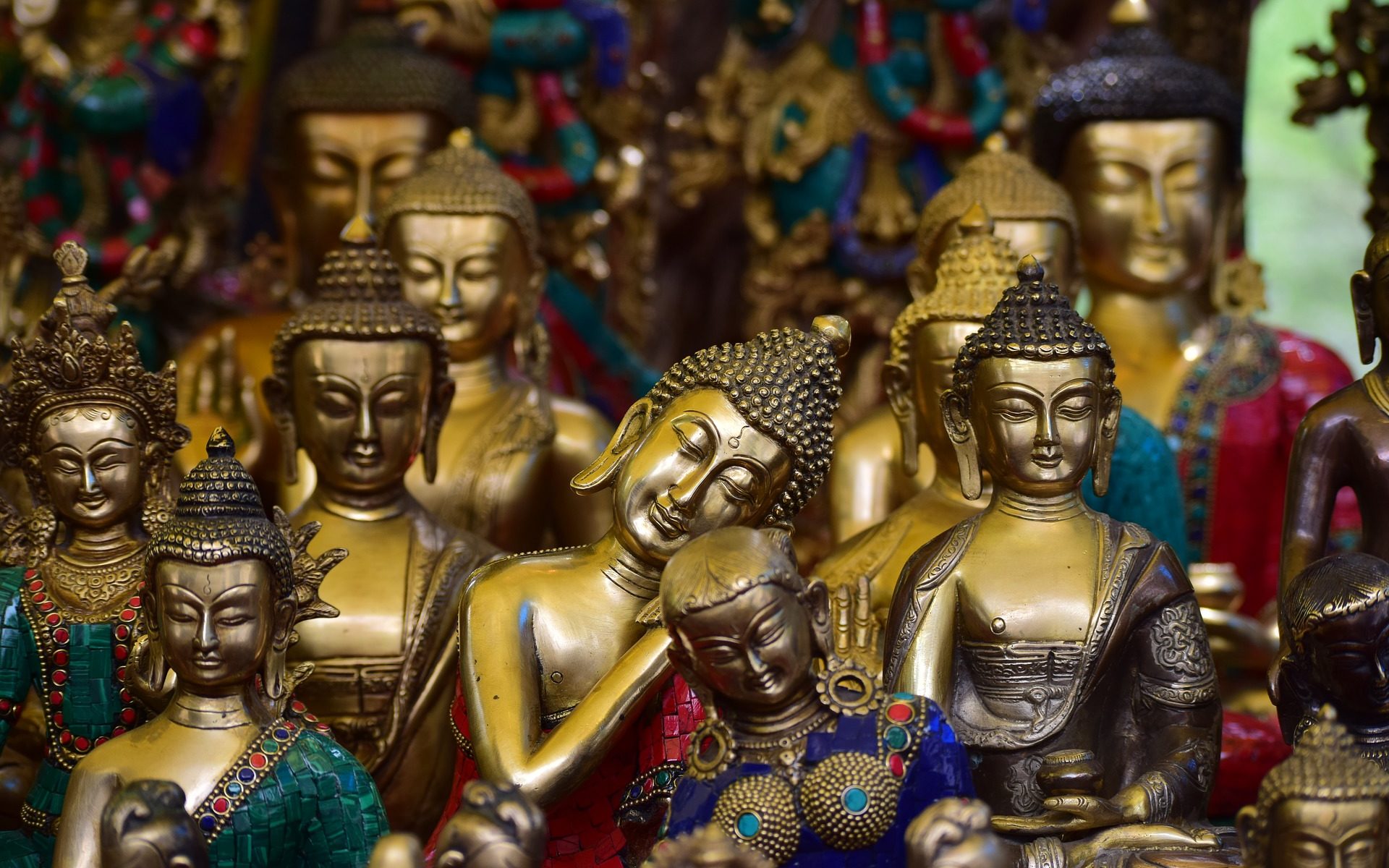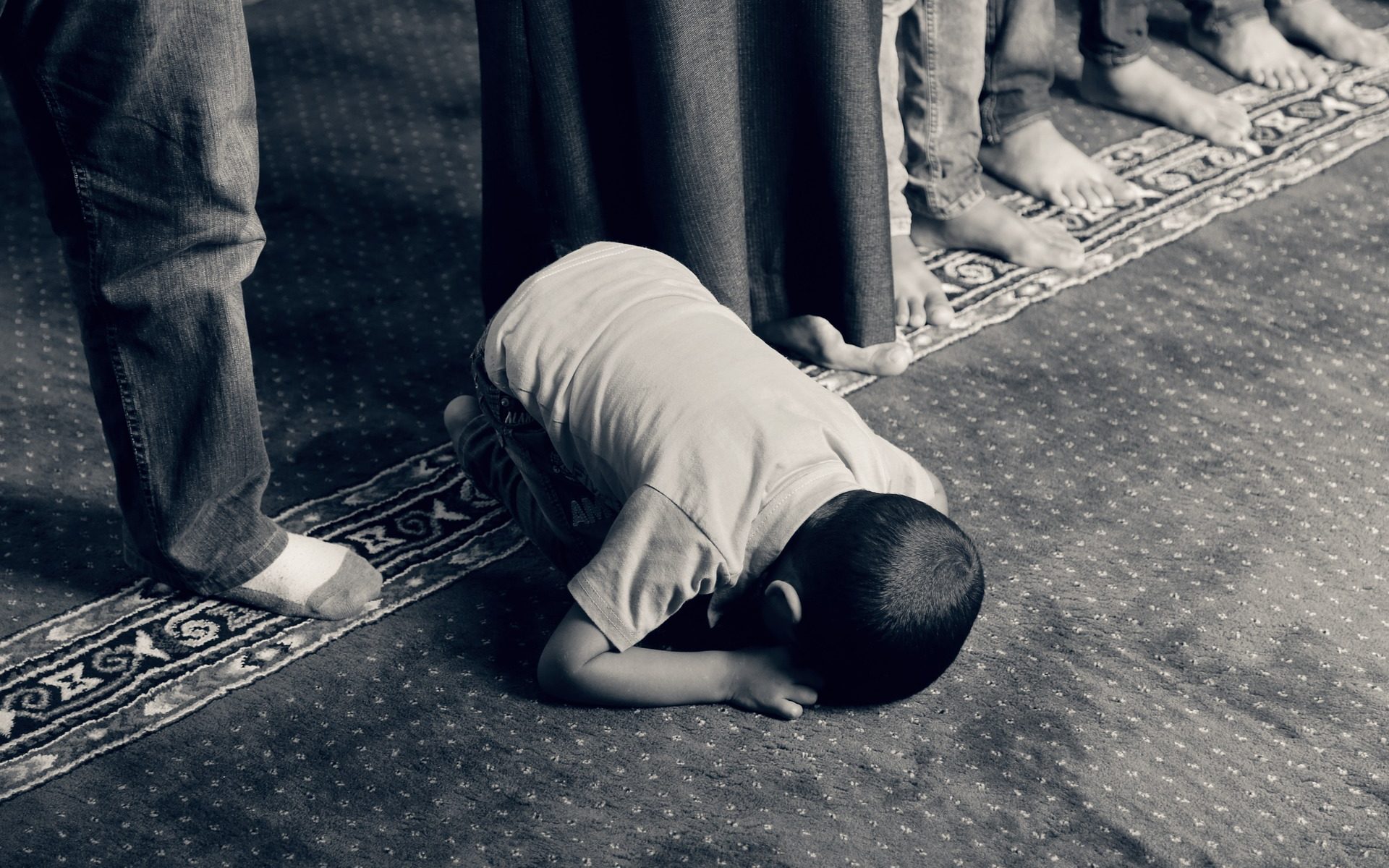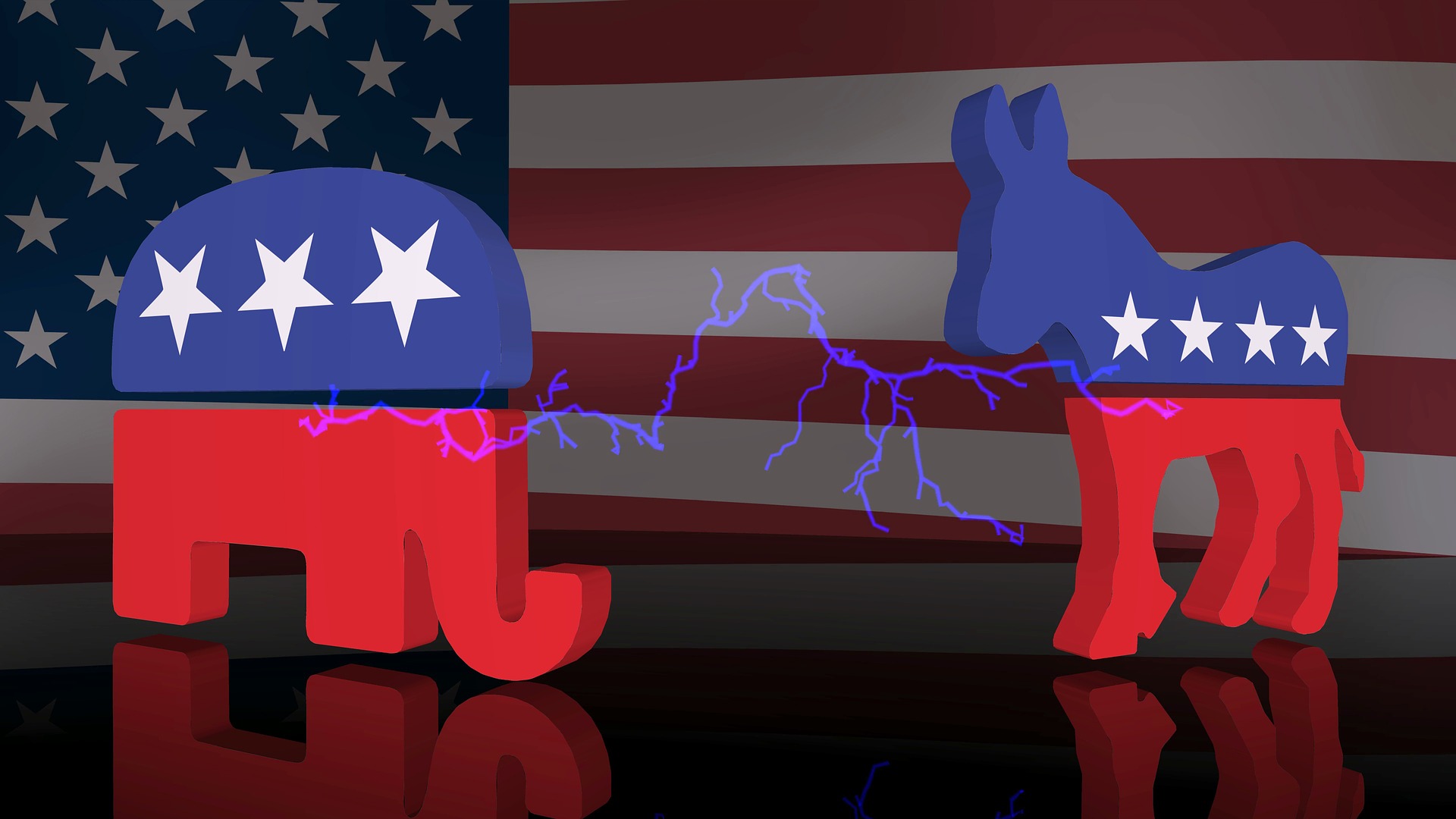The characters in the Bible are far from perfect. Yet this makes sense, as we too are just as far from perfect. What occurs in this week’s parasha is simply wrong. While it might be applauded as heroic in the tradition, if what happened in the Bible happened in your family, I imagine you would be disturbed.
Continue reading “Have You Only But One Blessing?!: Stealing Birthrights and Giving Voice to the Voiceless”Falling Head Over Heels in Love: How to Find First Love and Genuine Intimacy
Do you remember your first love? Your first kiss? Your first embrace? How you and they met? What they wore that first day? What they were like? How you felt meeting them? Or perhaps your first love is your current love? The Hebrew Bible tells us such a story…
Continue reading “Falling Head Over Heels in Love: How to Find First Love and Genuine Intimacy”Brit Shalom: A Covenant of Peace You Can Count On
When I was a student in the Institute for Jewish Spirituality’s Jewish Mindfulness Meditation Teacher Training (JMMTT) program, one of my colleague students would write a weekly reflection on that week’s parashah – or weekly lectionary portion from the Hebrew Bible.
Each week, one of the other students would masterfully integrate the themes, symbols, and ideas from the weekly Torah portion with the fruits of their personal mindfulness meditation practice, telling a story so grand and marvelous that it could only be told through the individual lens of a Rabbi and gardener, an integral psychiatrist, a Hazzan and performer, an artist and activist, a mediator and DJ, a professor and neuroscientist, a singer-songwriter and liturgist, a social worker and yoga therapist, and others. Continue reading “Brit Shalom: A Covenant of Peace You Can Count On”
Preparing for the High Holidays: Broken Spirit, Broken Heart (Ru’ach Nishbarah, Lev Nishbar)
Over the past month or two, it has taken me some time to write about Tisha B’Av and preparing for the High Holidays, the sacred Jewish liturgical period of the Yamim Noraim, the Days of Awe and Wonder.
This is in part because of the day to day stresses and changes of life, but also because I have been genuinely wrestling with the meaning and place of brokenness and sacredness, new beginnings and endings, and sacrifice and atonement, especially from the perspective of a contemporary 21st Century Jew and American Zen practitioner. Continue reading “Preparing for the High Holidays: Broken Spirit, Broken Heart (Ru’ach Nishbarah, Lev Nishbar)”
What is Jewish Enlightenment? Kan VeAchshav! Here and Now!
You may have heard or read stories about enlightenment in Buddhism. Much like Jewish midrash, these stories are filled with wonder, miracles, and awe. Is there such a thing as Jewish enlightenment? And what is our enlightenment story?
This upcoming Saturday, we celebrate the holiday of Shavuot (what is celebrated in Christianity as Pentecost). On Shavuot, we celebrate the giving and receiving of the Ten Commandments at Mt. Sinai. Shavuot is also called Zman Matan Torateinu – or the Time of Giving our Torah – and is a commemoration of the gift of receiving the entire Torah. Yet what does this have to do with enlightenment? Continue reading “What is Jewish Enlightenment? Kan VeAchshav! Here and Now!”
What is God?: A Reflection on Purim and Divinity
Understanding the world’s great religions and spiritual traditions is not an academic pursuit. It is a participatory sport! True study of the Way lies not in answering the great questions, but in asking them. Who am I? Where do I come from? Where am I going? Yet after many years of meditation and Zen practice, I have become less interested in the questions: Who is God?, Where is God?”, or Why doesn’t God…?. The question that I have grown to ask and appreciate is: What is God? And how can I live my life in this way? Continue reading “What is God?: A Reflection on Purim and Divinity”
Meditation and God: Is There Room for Both?
With the Purim holiday coming up, I have been reflecting on the tides and turns of Jewish history against the backdrop of the larger world and great civilizations as celebrated, mourned, and honored in the Jewish Holiday cycle. With this in mind, I thought of the relatively recent contact between Buddhism and Judaism and about the practices and language of meditation and God, wondering, “Is there room for both?” Continue reading “Meditation and God: Is There Room for Both?”
Was the Buddha “Engaged”?: The Work of Spirituality, a Buddha, and God Wrestler
In a recent blog post, I wrote about the intersection of politics and religion, particularly in the Jewish tradition. I received some questions and comments about how this would be similar or different within Buddhism or the various Dharma worlds and was asked to elaborate on my previous post.
These questions have raised an ongoing and challenging one for me: What really is the work of spirituality? What is the work of a Buddha? What is the work of a God Wrestler (one translation of “Israelite”)? Continue reading “Was the Buddha “Engaged”?: The Work of Spirituality, a Buddha, and God Wrestler”
What is Prayer?: How Do I Pray? And Can Prayer Be Meaningful?
Over the past few months, I have been reflecting very much about prayer. Especially since beginning Rabbinic study and founding Mindful Judaism, I have been exploring the following questions: What is prayer? How do I pray? And can prayer be meaningful?
There is a Rabbi Jonathan Sacks quote in the introductory essays to the Koren-Sacks siddur (Jewish prayer book) that I absolutely love: Continue reading “What is Prayer?: How Do I Pray? And Can Prayer Be Meaningful?”
“Engaged” Judaism: Is God a Liberal? Or a Conservative?
The other week, I was listening to a podcast on Jewish Mindfulness. It was an interesting and foundational interview and really made me think about the future of Judaism, more specifically, the future and direction of Jewish Mindfulness, what an engaged Judaism looks like, and to even ask the question if God is a liberal or a conservative? Continue reading ““Engaged” Judaism: Is God a Liberal? Or a Conservative?”


